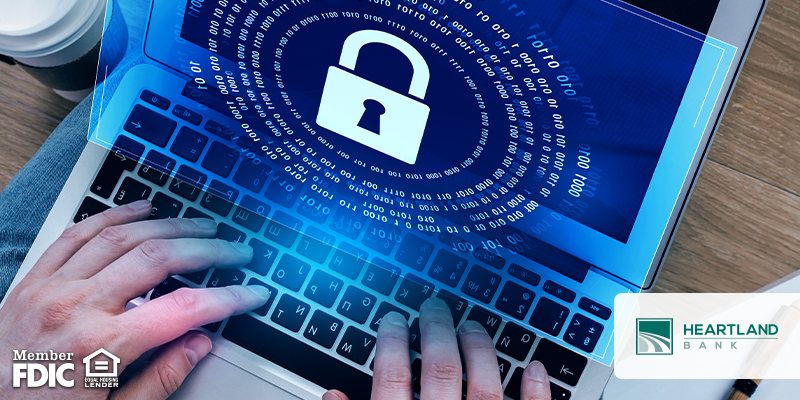
Whether you’re a current college student or have graduated and are ready to get rid of your debt, there’s no better time than now to start paying off your loans. It’s not an easy job, but the feeling and relief of being debt-free is unlike any other. Keep reading to learn the five steps to take towards getting rid of your student loans.
1. Pay more than the minimum
No matter how small the amount of added money each month is, paying more than the minimum is one of the best ways to drastically reduce your debt faster. Even if the most you can afford to stack on is $15, it will add up and you’ll be glad you did it.
2. Create a debt payment plan
Making a plan will not only help you stay on track, but it will make you feel better and more motivated to reach your goals. Map out how much you make each month, what expenses you have, how much you have to pay off in student loans and make a plan with a timeline.
3. Set up a tight budget
Living the cheap college life doesn’t always get to end once you graduate. The tighter your budget is, the faster you can tackle those student loans. Analyze your current budget and make adjustments, remembering that student loans are temporary and this is a short-term budget.
4. Pick up a side gig
Maybe you have free time on weekends, allowing you to pick up a serving job at a restaurant. If you don’t have that time, it could be as simple as selling your used clothes or making a business out of your hobby. Whatever your side gig ends up being, be sure to put the money you make directly towards your student loans to pay them off faster.
5. Make automatic payments
One of the best ways to make sure you’re paying enough every month is to set up autopay. Not only does having the money taken directly out of your account each month hold you accountable for paying, but it also allows you to just work and not worry about how much to pay and when to pay it.
This time period of being in debt is just temporary – if you start paying now and work hard, you can get rid of debt sooner than you expect. We hope you give these tips a try and that they will help you tackle your student loans quickly so you can live a loan-free life!



